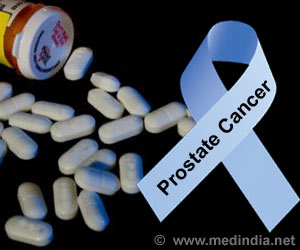A study reveals that organized mailing campaigns could substantially increase colorectal cancer screening among uninsured patients.

As part of the study, uninsured patients not up-to-date with screening between the ages of 54 to 64 years and cared for by a safety-net health system were sent mailed invitations to use and return a no-cost FIT, or encouraged to undergo a colonoscopy through a mailed invitation to schedule one at no cost. In addition, both groups received telephone follow-up to promote test completion.
The study showed that FIT participation tripled, and colonoscopy participation doubled in the study sample of nearly 6,000 patients, when compared to usual care strategy for colorectal screenings. According to Gupta, the difference was much bigger than expected, and the findings could have health policy implications.
He noted that the findings raise the possibility that large-scale public health efforts to boost screening may be more successful if non-invasive tests, such as FIT, are offered over colonoscopy.
"Physicians shouldn't necessarily assume that use of colonoscopies is the best and only way to reduce colon cancer rates," Gupta said. "What we should ask is, what type of screening is most acceptable to underserved populations? This is because the best predictor of colorectal cancer screening outcomes may be getting any test, rather than which test is done."
"Now, the question to be studied further is whether superior participation can be maintained in the FIT group, because the test must be repeated every year, and how adherence rates will impact overall screening effectiveness and cost," added senior author Celette Sugg Skinner, PhD, associate director of Population Research & Cancer Control for the Simmons Cancer Center at UT Southwestern Medical Center in Dallas.
Advertisement
Additional contributors to the study include Ethan A. Halm, MD, Marcia Hammons, Luisa Valdez, Liyue Tong, Chul Ahn, PhD, Keith Argenbright, MD, Jasmin Tiro, PhD, Zhuo Geng and Sandi Pruitt, PhD, UT Southwestern Medical Center; Mark Koch, MD, and Elizabeth Carter, MD, John Peter Smith Health Network; Michael Kashner, PhD, UT Southwestern and Loma Linda University School of Medicine; and Don C. Rockey, MD, Medical University of South Carolina.
Advertisement
Source-Newswise















